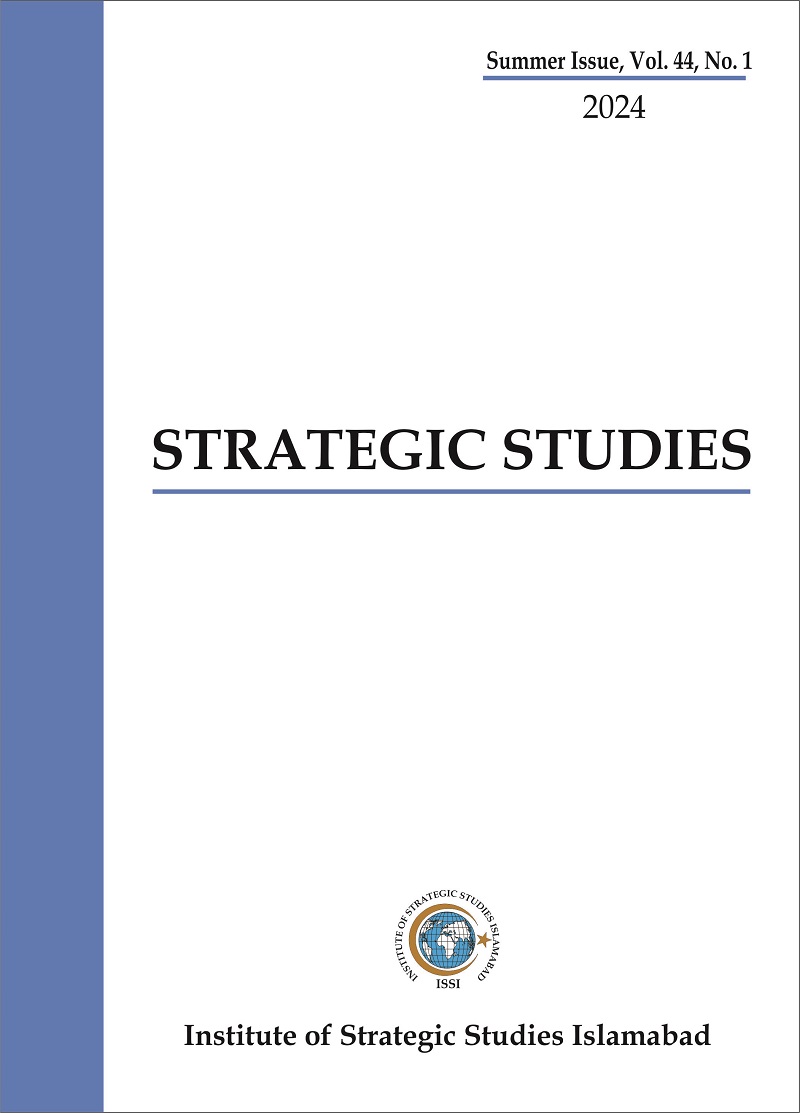Harnessing AI for Educational Transformation: A Comparative Study of China, India and Pakistan
Keywords:
Ed Tech, Artificial Intelligence, AI, Education, Machine Learning, Man-Machine InterfaceAbstract
Artificial intelligence (AI) is transforming education globally, enhancing learning experiences and outcomes through personalised learning, automated grading and smart content. This paper provides a comparative analysis of the extent to which AI technology is implemented in the educational systems of China and India, highlighting key initiatives, successes and challenges. Based on these findings, recommendations are made for Pakistan to adopt similar strategies to enhance its educational landscape. The study determined that AI has been extensively adopted and utilised in education by various educational institutions in multiple forms. Initially, AI manifested through computers and related technologies, evolving into web-based and online intelligent education systems. Eventually, the integration of embedded computer systems and other technologies led to the use of humanoid robots and web-based chatbots to perform instructors’ duties, either independently or alongside human instructors. Additionally, these systems leverage machine learning and adaptability to customise and personalise curriculum and content to meet students’ needs, which has enhanced student engagement and retention, thereby improving the overall learning experience and quality of education.

Published
How to Cite
Issue
Section
Copyright (c) 2024 Strategic Studies

This work is licensed under a Creative Commons Attribution-NonCommercial 4.0 International License.



